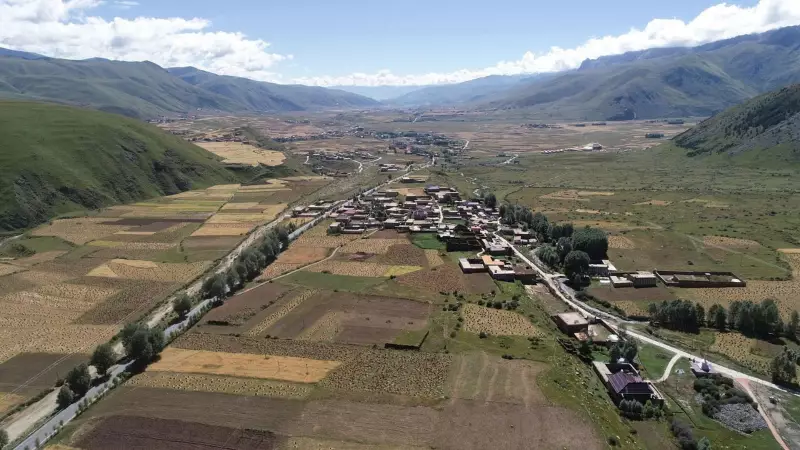
In a landmark judgment that ended nearly three decades of legal battle, the Punjab and Haryana High Court has delivered a crucial verdict clarifying ownership rights over village common land. The court ruled that land recorded as 'Jumla Mushtarka Malkan' in revenue records rightfully belongs to village landowners and does not vest with gram panchayats or municipal committees.
28-Year Legal Odyssey Concludes
Justice Virinder Aggarwal pronounced the decisive verdict on Monday, November 18, 2025, finally resolving a dispute that began in the early 1990s. The case involved a regular second appeal filed in 1997 (RSA-3434-1997) along with a connected writ petition concerning Khawaspur village, which now falls within Hoshiarpur municipal limits.
The legal battle was initiated by proprietors of Khawaspur village against the Hoshiarpur municipal committee, seeking permanent injunction to protect their ownership rights over the disputed common land. The original plaintiff, Atma Ram, unfortunately passed away during the prolonged litigation, with his legal heirs continuing the fight for justice.
Court's Clear Distinction on Land Rights
In his judgment, Justice Aggarwal relied significantly on the full-bench judgment in Suraj Bhan and others v. State of Haryana and another from 2017. The court made a crucial distinction between different types of village land, emphasizing that 'Jumla Mushtarka Malkan' lands are fundamentally different from 'shamlat deh' lands.
The verdict clearly states that while panchayats or municipal committees hold management and control rights over these lands, the actual ownership and title remain with the proprietary body of the village. This means that although the municipal committee can continue auctioning the land and using the generated income for village welfare activities, it cannot claim ownership rights over the property.
Timeline of the Landmark Case
The case followed a complex legal journey spanning multiple decades:
January 27, 1989 - Khawaspur village was officially merged into the Hoshiarpur municipal committee through Notification Ex.D-8
December 24, 1993 - The trial court initially dismissed the suit filed by the proprietors
March 9, 1995 - Consolidation officer passed a controversial order allotting part of the land to individual villagers
August 28, 1997 - The first appellate court upheld the trial court's dismissal
1997 - The second appeal (RSA-3434-1997) and connected writ petition (CWP-2548-1997) were filed in the Punjab and Haryana High Court
November 11, 2025 - Justice Virinder Aggarwal reserved judgment after hearing arguments
November 18, 2025 - Final judgment pronounced in court
November 19, 2025 - The detailed judgment was uploaded on the high court website
Significant Implications for Land Ownership
The court also quashed the 1995 order passed by the consolidation officer that had allotted part of the land to individual villagers. The bench ruled that the consolidation officer lacked jurisdiction to make such allocations while civil courts were already handling the dispute.
This judgment sets an important precedent for similar land disputes across Punjab and Haryana, providing clarity on the often-contentious issue of village common land ownership. The ruling reinforces the principle that while local governing bodies can manage community land for the benefit of villagers, the fundamental ownership rights remain with the original landowners.
The verdict brings closure to a legal battle that witnessed multiple court appearances, changing legal landscapes, and the unfortunate passing of the original plaintiff before seeing justice served. For thousands of village landowners across both states, this judgment provides much-needed legal certainty about their property rights.





